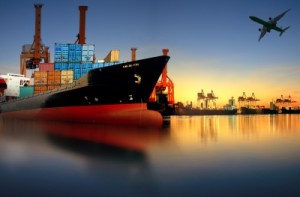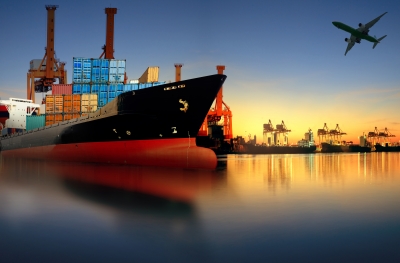 Foreign shipping lines operating in the Philippines have started preparing for the application by middle next year of a new international law promoting safety of life at sea by requiring shippers to verify the gross mass of packed containers before these are loaded onto a ship.
Foreign shipping lines operating in the Philippines have started preparing for the application by middle next year of a new international law promoting safety of life at sea by requiring shippers to verify the gross mass of packed containers before these are loaded onto a ship.
Association of International Shipping Lines (AISL) general manager Atty. Maximino Cruz, in text messages to PortCalls, said member liners are now informing customers about the International Maritime Organization (IMO) Safety of Life at Sea Convention (SOLAS) requirement to verify the gross mass of packed containers before vessel loading.
The policy will be enforced starting July 1, 2016.
Cruz said AISL has furnished copies of the SOLAS guidelines to the Philippine Ports Authority, Bureau of Customs, Maritime Industry Authority, and the two Manila international terminal operators.
“I will be meeting with them by the last quarter of this year to remind them and assess their state of preparedness,” Cruz noted.
SOLAS, as amended, requires that the gross mass of packed containers be checked prior to stowage aboard a ship, as specified in Chapter VI, Part A of the convention. This is to ensure the safety of the ship, workers both aboard ships and ashore, and cargo, as well as overall safety at sea.
According to Cruz, the SOLAS amendments to the verified gross mass (VGM) “is a welcome safety safeguard.” It also “relieves the vessel of any liability if the gross weight of the packed container is found to be erroneous.”
Currently, export containers are already being weighed in Manila and outports, Cruz said.
Asked if the new policy might be difficult to carry out, Cruz said “it may entail some costs on their (shipper) in the process of getting the correct weight,” but he noted “this is the right thing to do in order to secure the safety of life at sea.”
Aside from shipping lines and shippers, the AISL GM said terminal operators will also play a key role in determining the correctness of the weight of cargoes since weighing will be done at the terminals.
Under guidelines of IMO’s Maritime Safety Committee (MSC) Circular 1475, “the shipper is responsible for the verification of the gross mass of a container carrying cargo.”
The shipper should also ensure that the VGM is communicated in the shipping documents in advance, to be used by the ship’s master or his representative and the terminal representative in preparing the ship stowage plan.
If the shipper is not there to provide the VGM, the packed container should not be loaded onto the ship unless the master or his representative and the terminal representative have obtained the verified gross mass through other means, the MSC circular stated.
“Adherence to these Guidelines will facilitate compliance with the SOLAS requirements by shippers of containerized shipments, and they will assist other parties in international containerized supply chains, including shipping companies and port terminal facilities and their employees, in understanding their respective roles in accomplishing the enhancement of the safe handling, stowage and transport of containers,” the circular said.
2 weighing options
The VGM of a packed container can be obtained in two ways.
The first method is by using calibrated and certified equipment, in which the shipper or his appointed third party weighs the packed container at the end of the stuffing operation when the seal is affixed.
The second method requires the shipper or his third-party appointee to weigh all packages, cargo items, pallets, dunnage, and other packing and securing materials, and to add the tare mass of the container. The total sum obtained is the weight to be provided. This method needs to be certified and approved by the competent authority of the state where the packing and sealing of the container was completed.
“The SOLAS requirements to verify the gross mass of a packed container apply to all containers to which the CSC (International Convention for Safe Containers, as amended) applies, and which are to be stowed onto a ship determined by the Administration to be subject to SOLAS chapter VI,” the MSC circular said.
Containers include tank containers, flat racks, and bulk containers, as well as containers carried on a chassis or a trailer except when such containers are driven on or off a ro-ro ship engaged in short international voyages.
Cargo items tendered by a shipper to the master for packing into a container already on board the ship are not subject to these SOLAS requirements.
Just like other SOLAS provisions, the responsibility of enforcing the requirements involving the VGM falls on the shoulders of SOLAS contracting governments.
“Governments acting as port states should verify compliance with these SOLAS requirements. Any incidence of non-compliance with the SOLAS requirements is enforceable according to national legislation,” the MSC circular said.
The SOLAS Convention is regarded as the most important of all international treaties on the safety of merchant ships. The first version was adopted in 1914 in response to the Titanic sinking and has been amended many times to keep it up to date. – Roumina Pablo
Image courtesy of khunaspix at FreeDigitalPhotos.net





